Watermelon Seeds
Watermelon seeds are extracted from the fruit and go through procedures of getting sprouted, shelled and dried. Sudan has a variety of different sizes and colors of watermelon seeds. According to studies, watermelon seeds contain protein, vitamin B, magnesium, monounsaturated fats and polyunsaturated fats, which have been shown to reduce cholesterol levels, inflammation, risk for heart disease, and stroke.
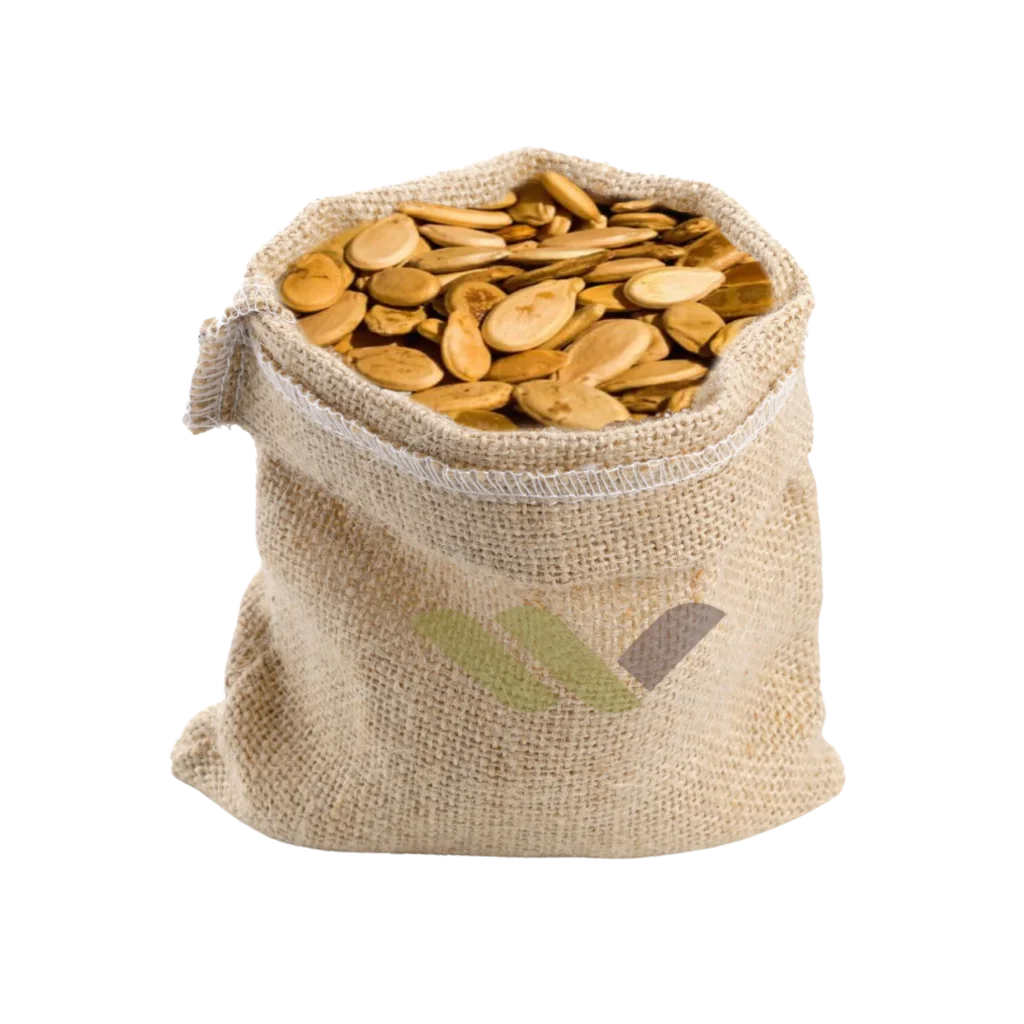
Watermelon Seeds
Watermelon seeds are extracted from the fruit and go through procedures of getting sprouted, shelled and dried. Sudan has a variety of different sizes and colors of watermelon seeds. According to studies, watermelon seeds contain protein, vitamin B, magnesium, monounsaturated fats and polyunsaturated fats, which have been shown to reduce cholesterol levels, inflammation, risk for heart disease, and stroke.

Where
They Come From
Watermelon seeds are found in mature fruits and are black or brown in color. You can get them from fresh watermelons, buy them, or save seeds from store-bought ones. You can also trade or get seeds from fellow gardeners. Provide watermelons with sun, good soil, and regular watering to grow them.
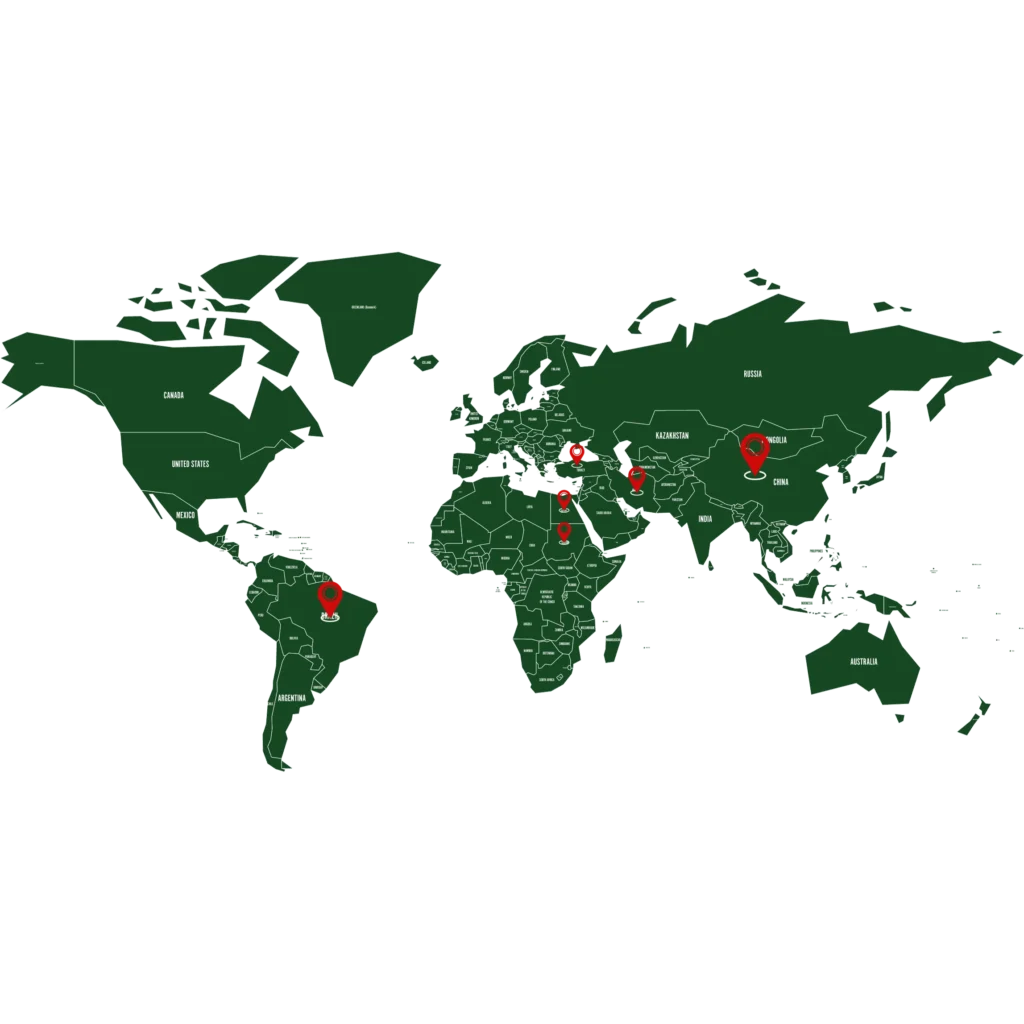
Benefits of
Watermelon Seeds
Watermelon seeds are a source of protein, healthy fats, and important minerals like magnesium and iron. They can be a healthy addition to your diet.

protein
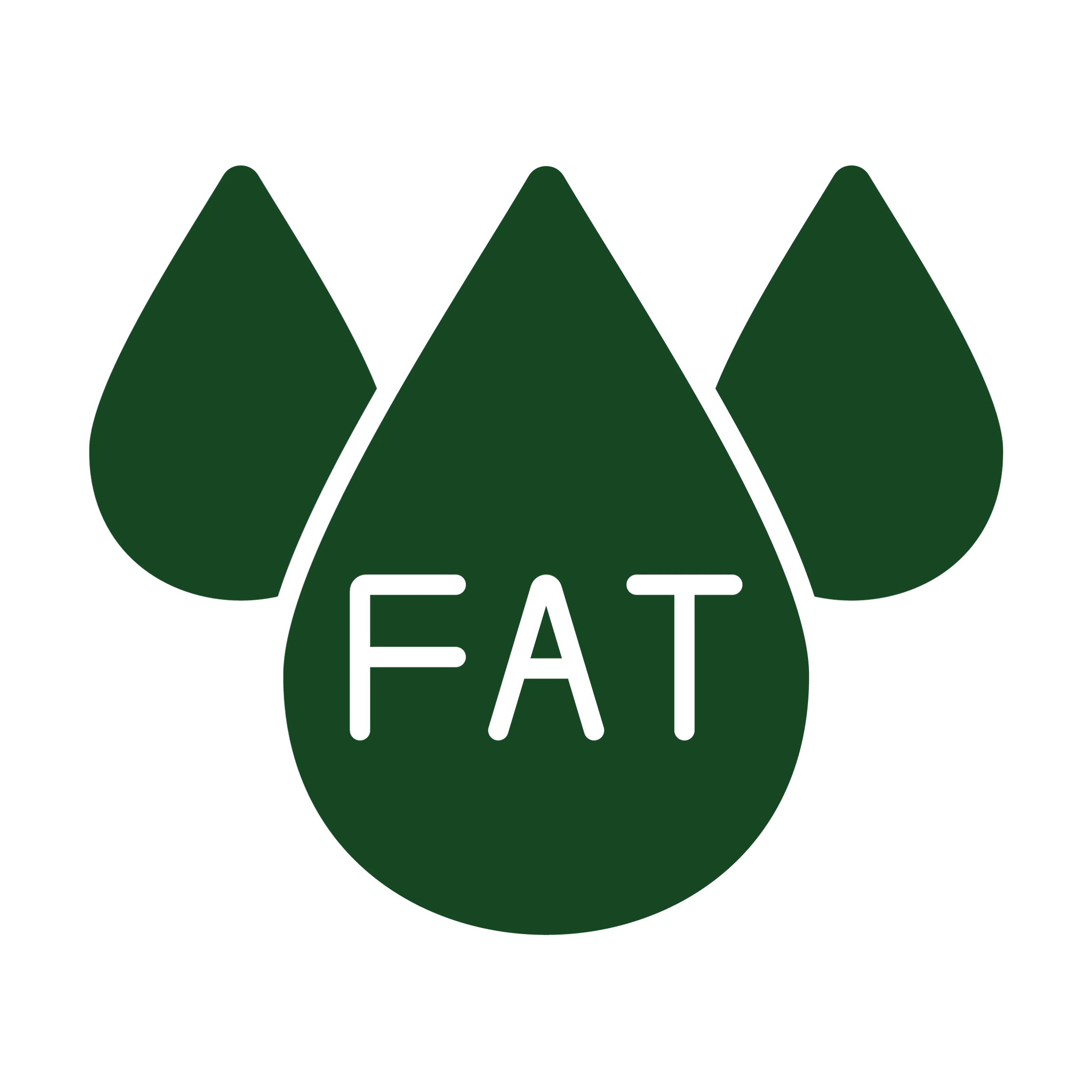
healthy fats

magnesium
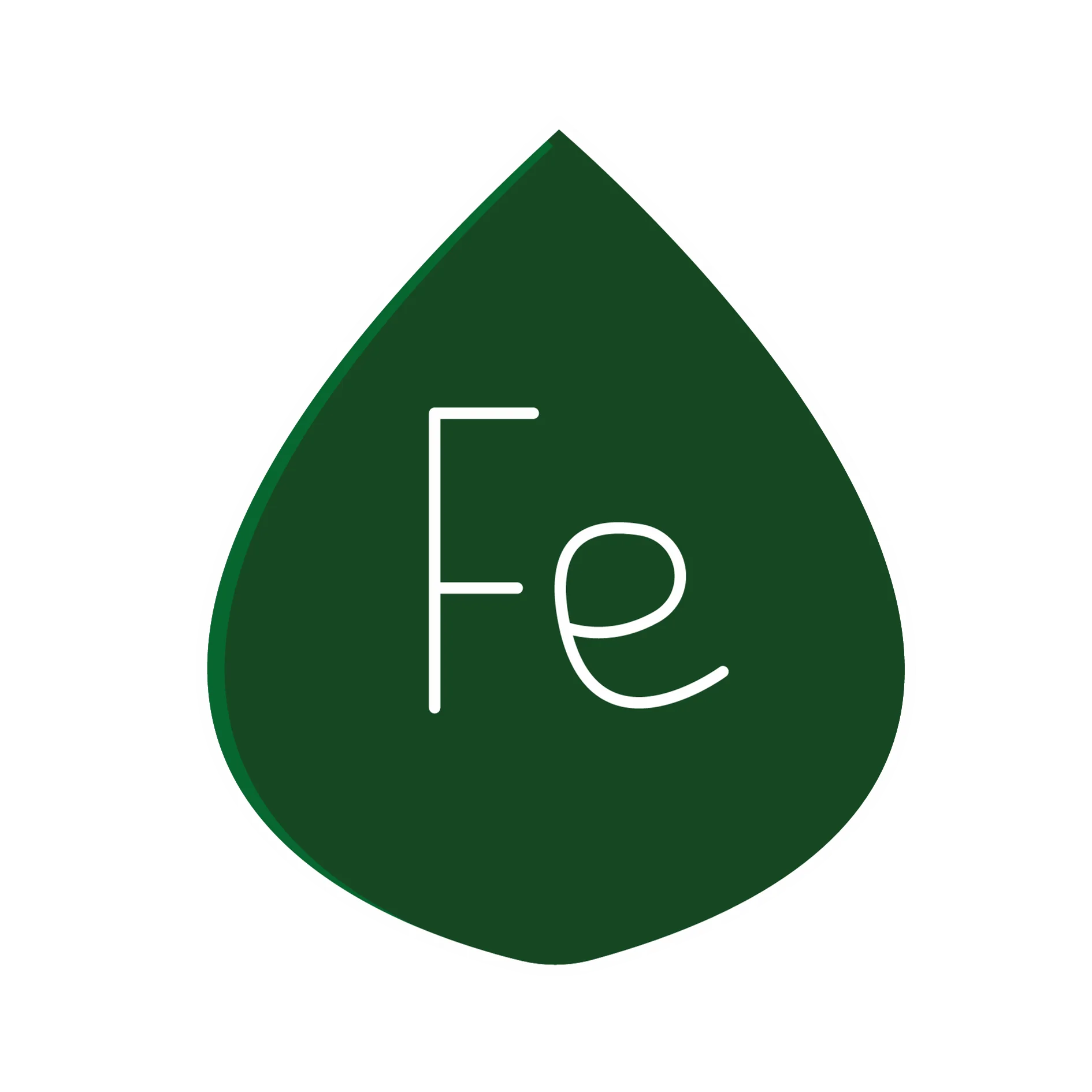
iron

protein

healthy fats

magnesium

iron
Different
Types
Watermelon seeds can vary in color and size depending on the variety of watermelon. Some are black, some are brown, and some are white.
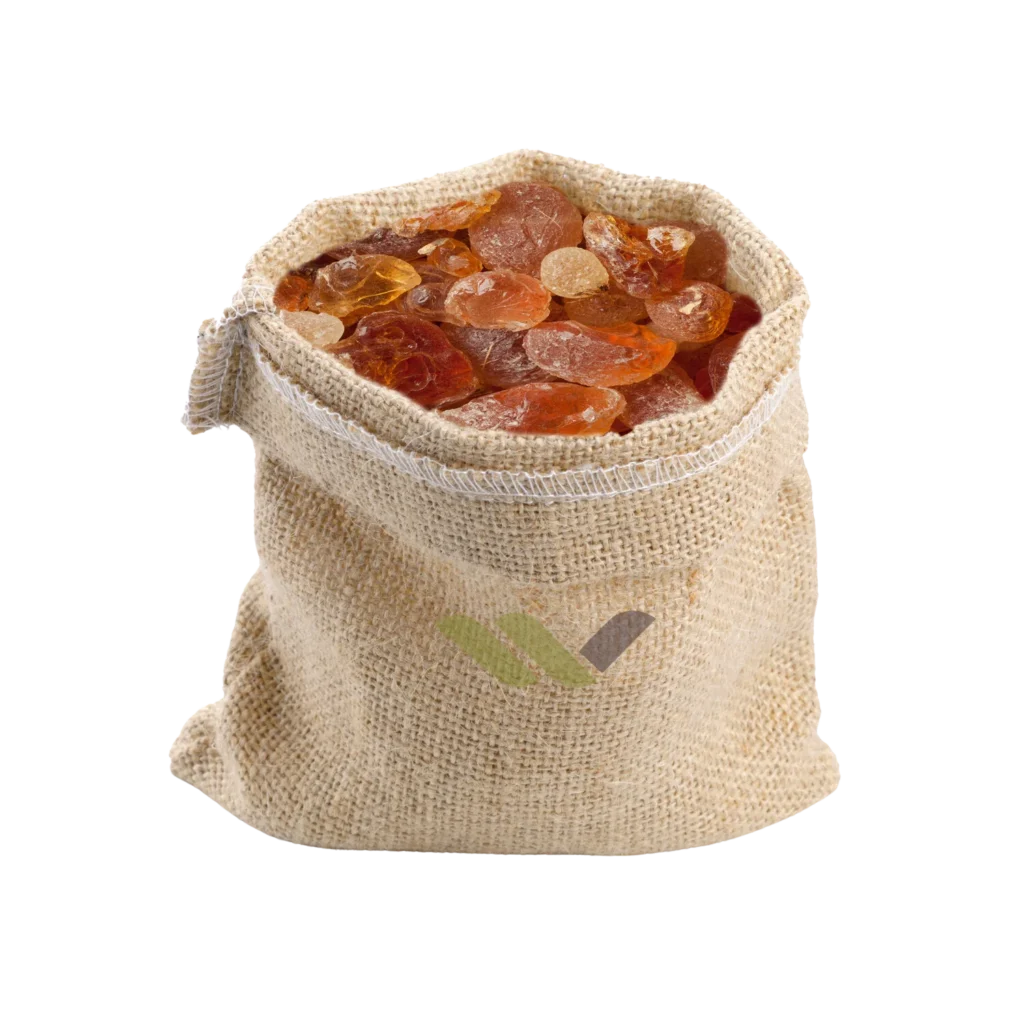
Gum Arabic
Gum Arabic, also known as acacia gum, is a natural substance derived from the sap of certain types of Acacia trees. It has been used for various purposes for centuries.
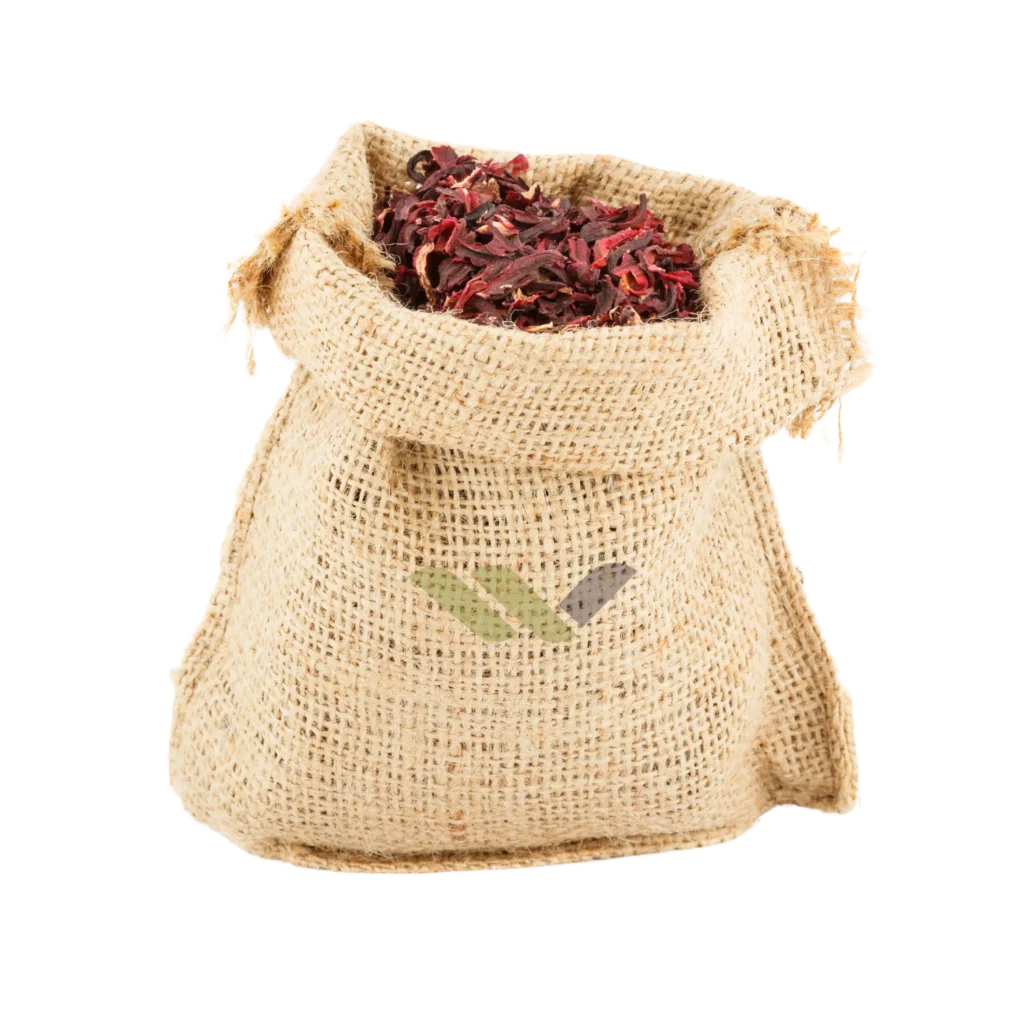
Hibiscus
Hibiscus is a flowering plant known for its vibrant and showy blossoms. It belongs to the Malvaceae family and is native to warm temperate, subtropical, and tropical regions around the world.
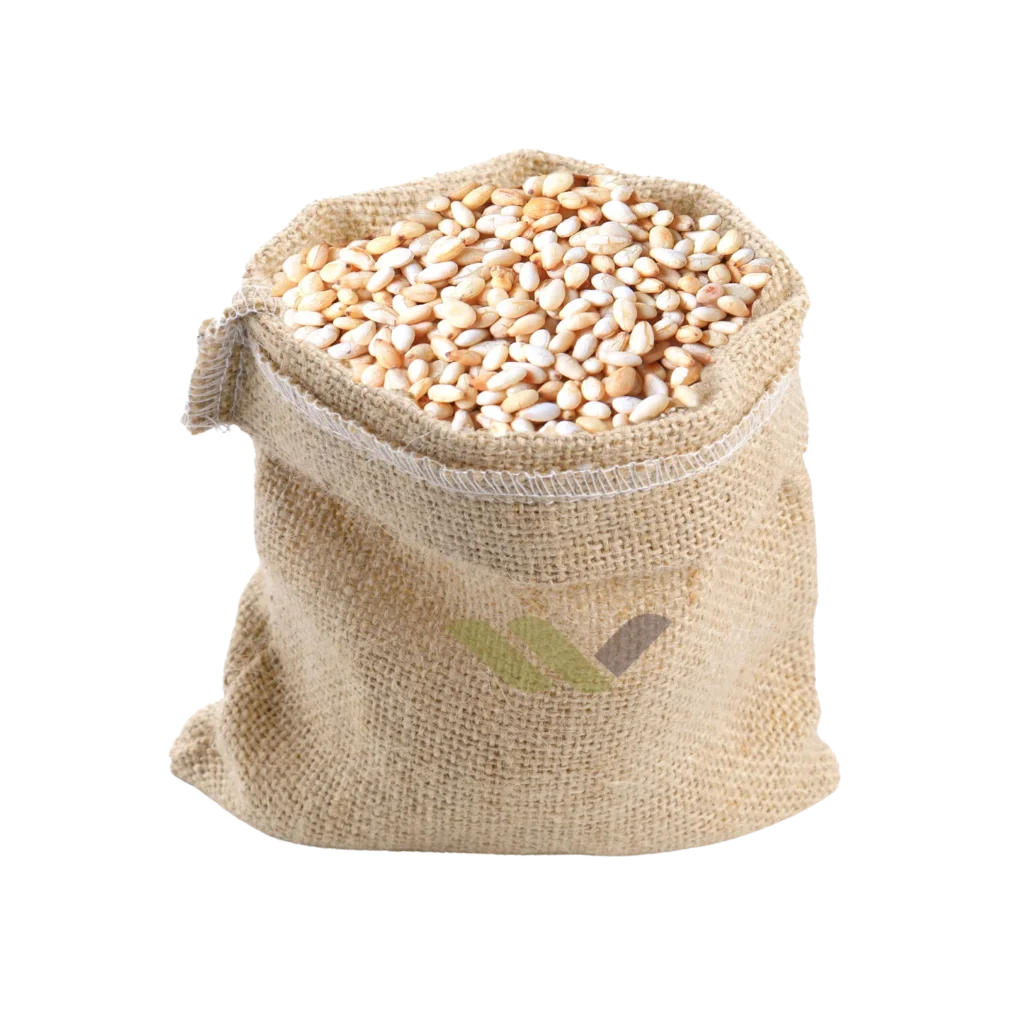
Sesame seeds
Sesame seeds are small, flat seeds that come from the sesame plant. They have a nutty flavor and are used in various cuisines around the world.
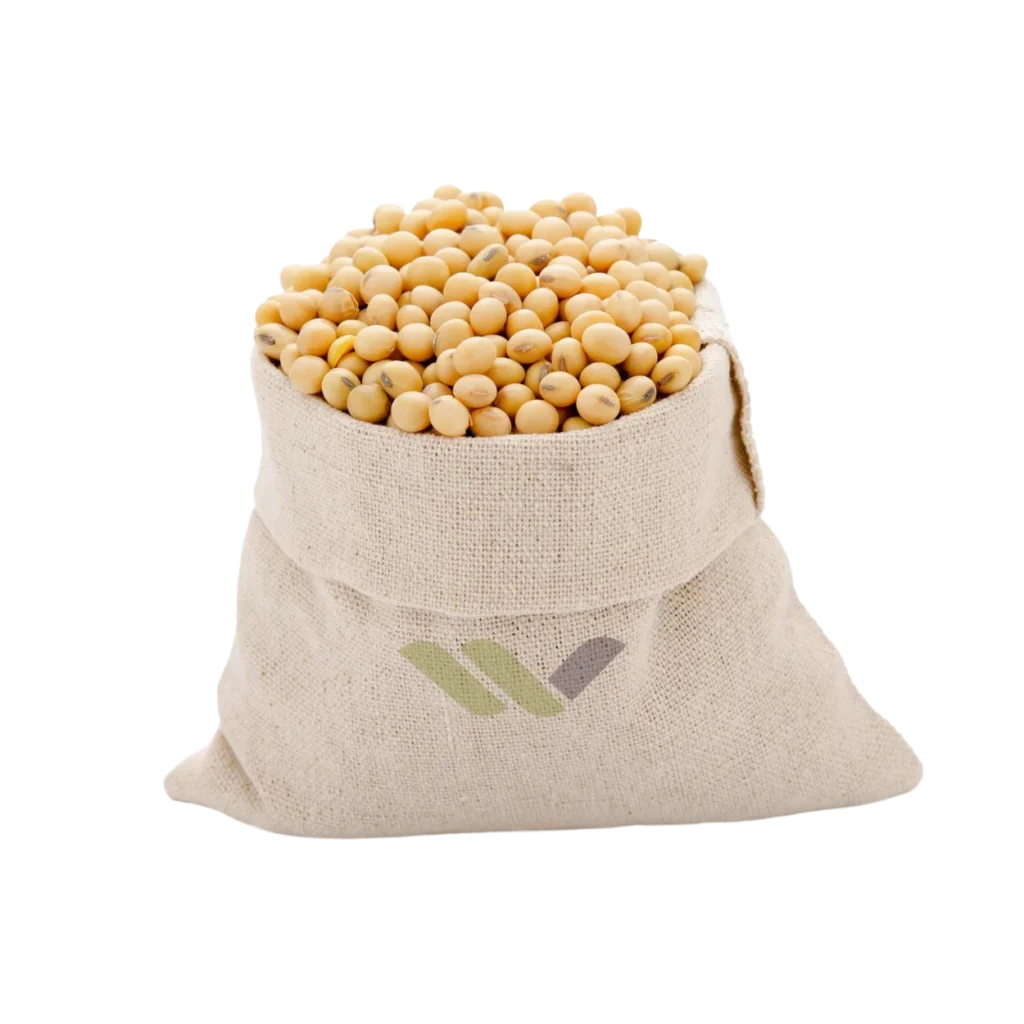
Soybean
Soybeans are small, oval-shaped legumes that belong to the pea family. They are native to East Asia and have been cultivated for thousands of years.
We are on the world
We specialize in exporting and importing grains, oilseeds, and pulses.
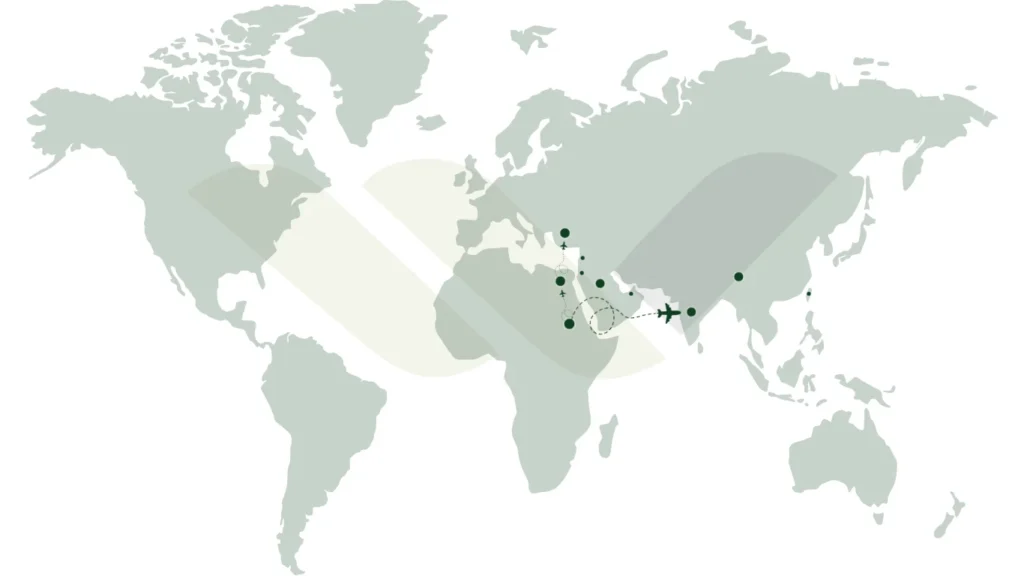

2015
Establish Office in Dubai

2018
Started importing from six different countries

2020
Started exporting to ten different countries

2023
Launching a food product brand called Nasaym

2015
Establish Office in Dubai

2018
Started importing from six different countries

2020
Started exporting to ten different countries

2023
Launching a food product brand called Nasaym
